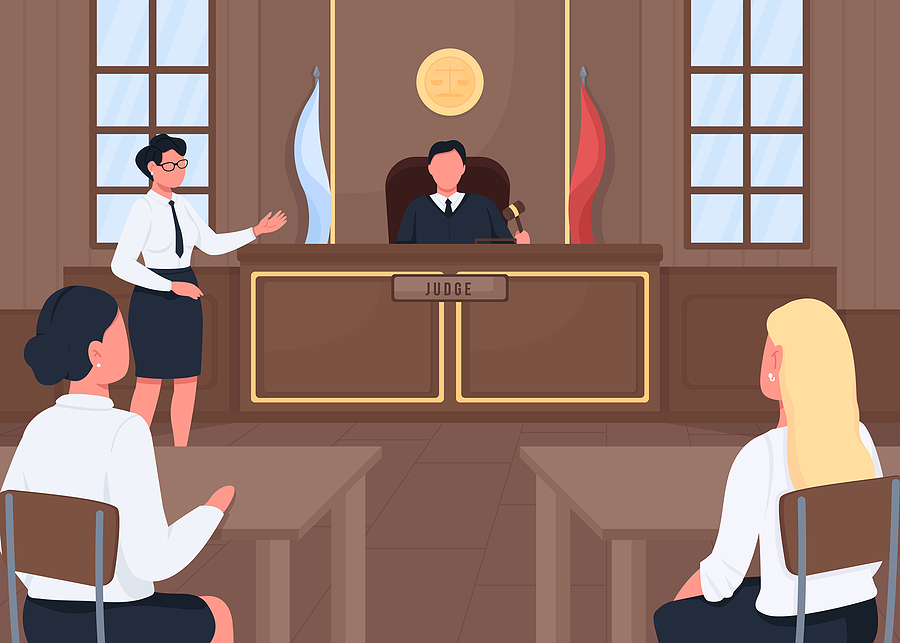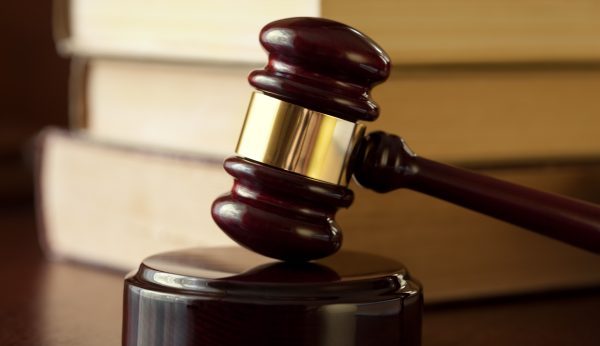Navigating the criminal justice system for the first time can feel like stepping into a labyrinth. Legal jargon, intimidating court processes, and unfamiliar faces can be overwhelming. But understanding the language of the law is your first step toward empowerment. In this guide, we’ll explore a legal glossary specifically designed for first-time criminal defendants. By the end, you’ll have a clearer understanding of key terms and processes, setting you on a path to confidently engage with your legal proceedings.

Why Understanding Legal Terms is Crucial for First-Time Defendants
Being a first-time offender is daunting. The stakes are high, and every decision can impact your future. Criminal defense glossary terms are more than just words—they’re concepts that can determine your rights, responsibilities, and potential outcomes.
When you recognize the importance of these terms, you’re better equipped to make informed decisions. This understanding builds a foundation of confidence and clarity, allowing you to ask the right questions and actively participate in your defense.
Not knowing the meaning of terms like “arraignment” or “preliminary hearing” can leave you feeling powerless. However, with knowledge comes empowerment. It’s the difference between passively experiencing the legal process and actively shaping your defense strategy.
Common Legal Terms You Need to Know as a Criminal Defendant
Arraignment
The arraignment is your first formal appearance in court. Here, charges against you are read, and you’ll enter a plea. Understanding this term prepares you for what to expect and its significance in the criminal court process. During this hearing, you can enter a plea of guilty, not guilty, or no contest.
Each choice has different implications, making it critical to understand how your plea can influence subsequent legal proceedings. A criminal defense lawyer can guide you on choosing the best plea based on your case details. Being informed allows you to discuss your options intelligently, ensuring you’re fully prepared for this initial step.
Preliminary Hearing
After the arraignment, the preliminary hearing determines if there’s enough evidence to proceed to trial. It’s a chance for the defense to challenge the prosecution’s case, potentially leading to a dismissal. This stage is crucial for building your defense strategy.
By understanding what happens during a preliminary hearing, you can better prepare yourself and align with your attorney’s approach. An informed defendant can actively participate in discussions about which witnesses to call and what evidence to present, enhancing the effectiveness of your defense.
Deposition
A deposition involves sworn out-of-court testimony by witnesses or experts. It’s a discovery tool used to gather information before trial. Knowing what a deposition entails helps you understand its role in shaping your legal strategy. Depositions provide an opportunity to uncover facts and identify inconsistencies in witness statements.
This information is vital for both the defense and prosecution to build their cases. Understanding depositions ensures you’re not caught off guard if asked to participate. It also allows you to strategize effectively with your criminal defense lawyer.
Discovery
Discovery refers to the exchange of evidence between the defense and prosecution. It’s a critical phase where each party reveals their case information, helping to avoid surprises during trial. Familiarity with discovery allows you to track your case progress, ensuring you have access to all relevant evidence.
This transparency aids in crafting a robust defense. Knowledge of the discovery process empowers you to request specific documents, collaborate with your attorney, and challenge any discrepancies effectively.
Prosecutor
The prosecutor is the government attorney responsible for presenting the case against you. Understanding their role helps you anticipate their strategies and prepare your defense accordingly. Prosecutors aim to prove your guilt beyond reasonable doubt.
Knowing this, you can work closely with your defense attorney to counter their arguments and identify weaknesses in their case. Recognizing the prosecutor’s objectives and methods equips you to better defend your position, ensuring your rights are upheld throughout the legal process.
Plea Deal
A plea deal is an agreement between the prosecution and defense, where the defendant agrees to plead guilty in exchange for a reduced sentence. Understanding this term can help you evaluate potential offers and make informed decisions.
Plea deals are common in criminal cases, and they can result in charges being dropped or reduced. Being aware of their existence allows you to weigh your options carefully and potentially secure a more favorable outcome.
Probation
Probation is an alternative to incarceration where the defendant is released under supervision. Understanding this term can help you negotiate for probation instead of jail time, depending on your case details.
Probation conditions typically include regular check-ins, community service, and counseling. By understanding what probation involves, you can prepare yourself for meeting these requirements and successfully completing your sentence.
Tips for Finding and Working with a Good Defense Attorney
Choosing Your Advocate
Selecting the right criminal defense lawyer is paramount. Look for experience, specialization, and a track record of successful defenses in cases similar to yours. Research potential attorneys online and read reviews from past clients. Schedule consultations to discuss your case and assess their communication skills and willingness to listen. Your attorney should be someone you trust completely, who explains legal terms clearly, and involves you in the defense strategy.
Understanding Legal Advice
Legal advice is integral to your defense. However, understanding it is equally important. Don’t hesitate to ask questions or request further explanation until you fully grasp the implications. A good attorney will simplify complex legal terms, ensuring you’re comfortable with every step of the process. This collaboration helps build a strong, cohesive defense. Being proactive and engaged in your legal strategy demonstrates your commitment to the best possible outcome for your case.
Building a Strong Defense Team
Your defense team may include paralegals, investigators, and experts alongside your attorney. Understanding each member’s role helps you appreciate the collective effort in building your defense. Communicate openly with all team members. Share your insights and observations as they may offer valuable perspectives for the team’s strategy. A united defense team enhances your chances of a favorable outcome, demonstrating how informed collaboration can lead to success.
An Overview of the Criminal Court Process
Initial Stages
The criminal court process begins with arrest and booking, followed by the arraignment. Understanding these initial stages sets the foundation for navigating subsequent proceedings. Each stage serves a distinct purpose, from informing you of charges to setting bail. Recognizing this progression prepares you for what’s ahead and how to respond effectively. Knowledge of the initial stages ensures you maintain your rights and understand the legal trajectory of your case.
Pretrial Proceedings
Pretrial proceedings involve discovery, negotiations, and motions to resolve issues before trial. Familiarity with these processes aids in strategic planning with your defense attorney. Use this phase to gather evidence, negotiate plea bargains, or file motions to dismiss or suppress evidence. Each decision can significantly impact your case’s direction. Awareness of pretrial proceedings empowers you to actively participate in your defense, making informed choices in collaboration with your legal team.
Trial, Verdict & Sentencing
The trial is the culmination of the criminal court process. Understanding its structure—jury selection, openings, testimony, and closing arguments—demystifies this complex stage. During trial, each side presents evidence and examines witnesses. Understanding this flow enables you to stay engaged and aware of developments in your case. The verdict concludes the trial phase, then a sentencing hearing can be scheduled. Whether guilty or not guilty, your understanding of the process ensures you’re prepared for the outcome and possible next steps.
Stay Informed, Stay Empowered
Knowledge is power, especially in legal matters. By familiarizing yourself with this criminal defense glossary, you take control of your situation. An informed defendant can make confident decisions, challenge assumptions, and work effectively with their legal team. It’s a proactive step toward safeguarding your rights and future.
For those seeking trusted legal advice, our criminal defense law firm is here to help. Contact the Law Office of David E. Lewis at 317-636-7514 to book an appointment with an experienced criminal defense attorney in Indianapolis, Indiana. We will get the best possible outcome for your criminal case!
Related Posts:
How to Navigate the Criminal Court Process as a First Time Defendant
The 6 Stages of an Indiana Juvenile Case
Due Process Explained: How the Fourteenth Amendment Shapes Law




